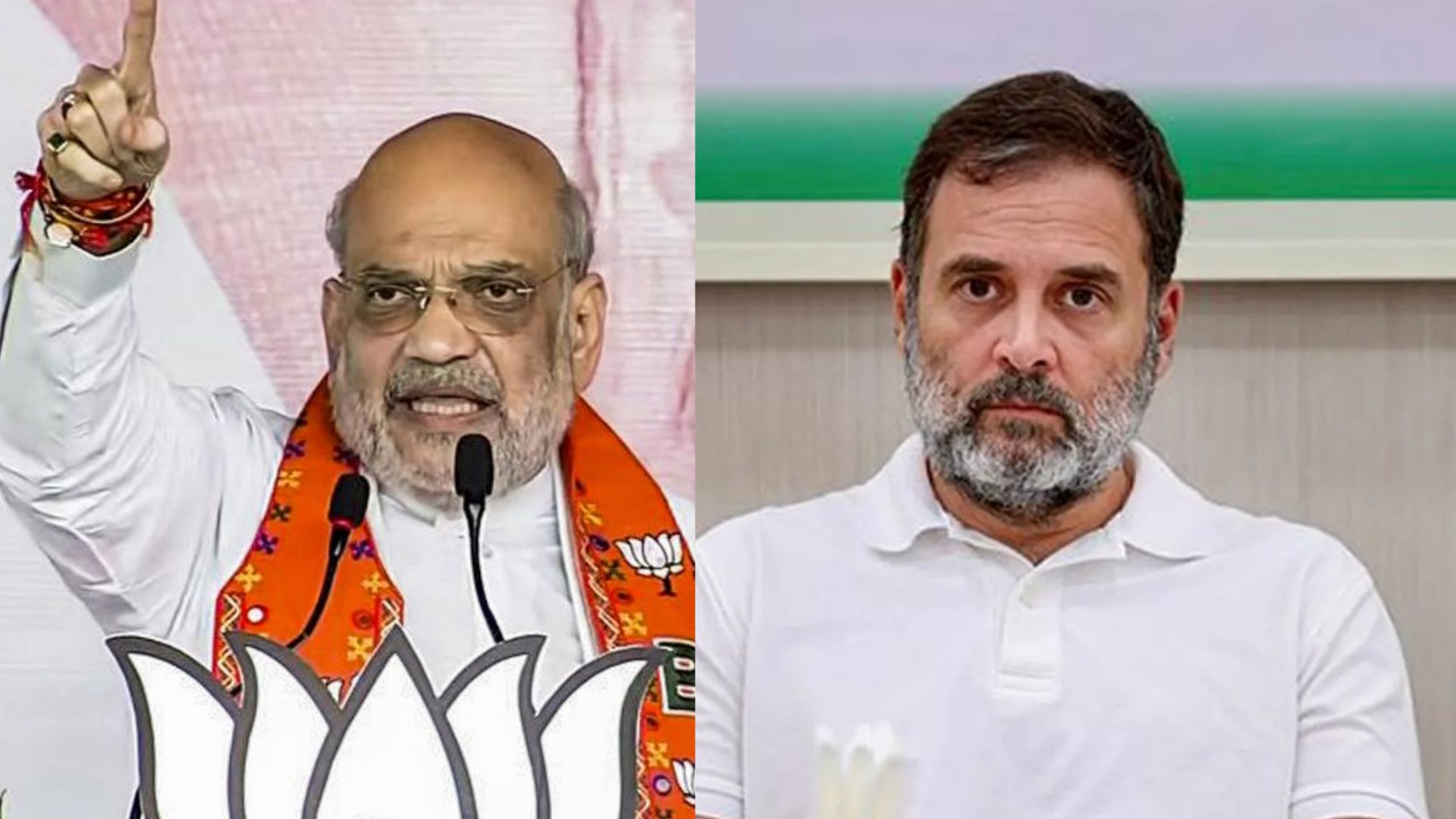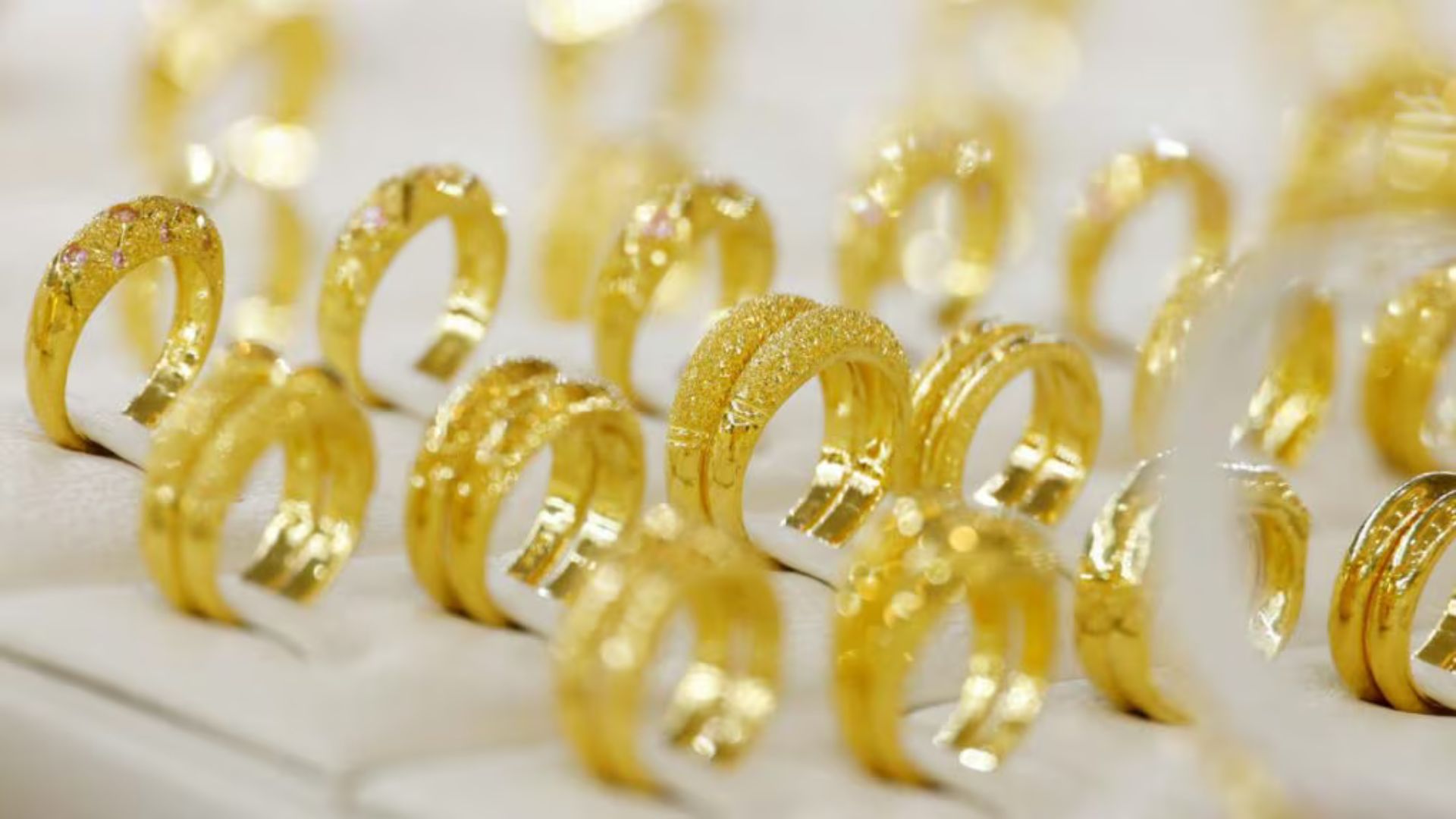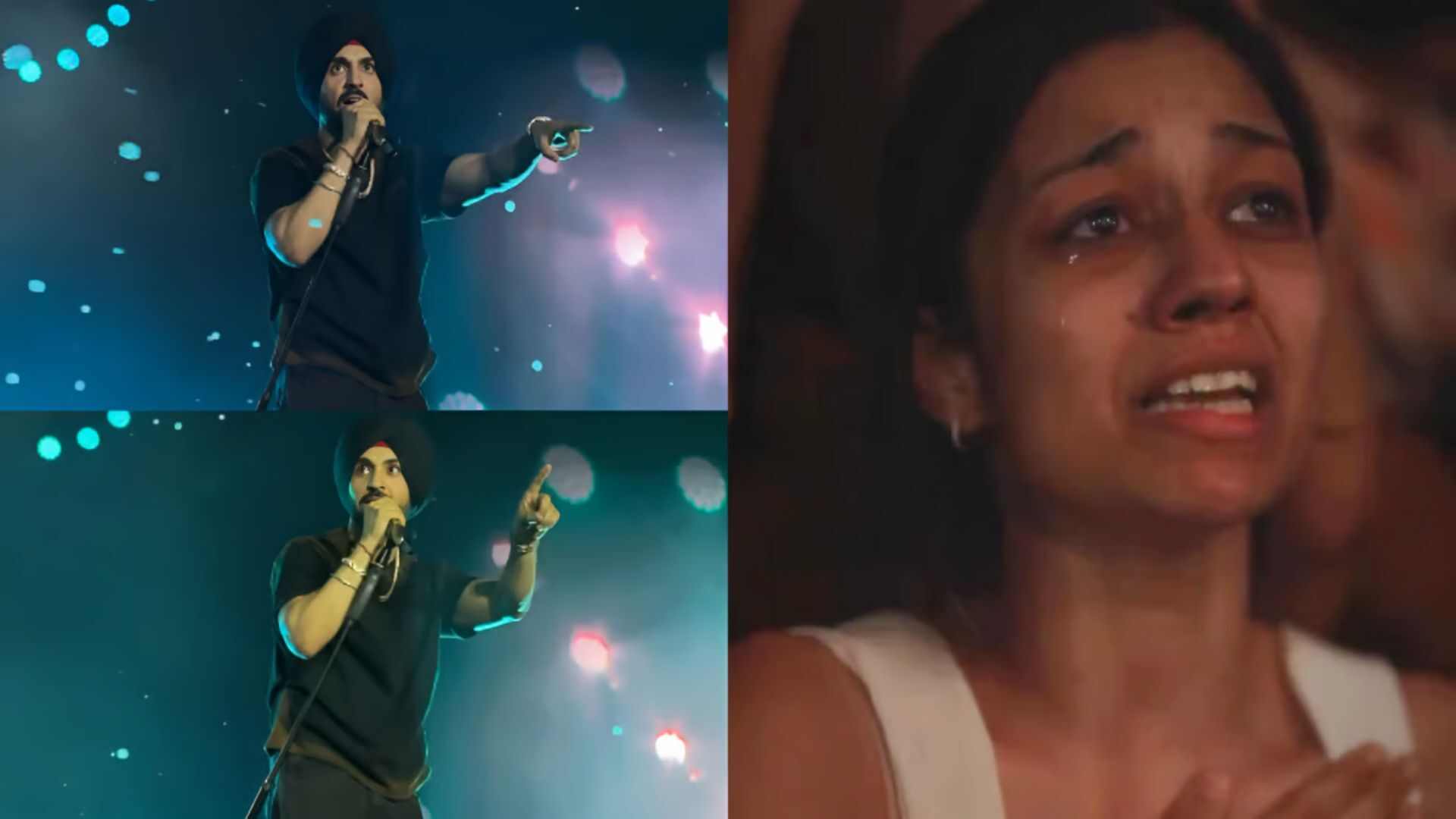
Britain is about to coronate its new king, and in the process is trying to recapture the glory of the long dead British empire by giving a distinctly Commonwealth twist to the events. Former colonies comprising the Commonwealth are expected to queue up to pay tribute to the monarchy because the King is still the head of the Commonwealth, a body comprising 56 “free and equal” member countries. But then of these 56, only 15 recognise the British monarch as their head of state, while most of the rest, including India, have long dispensed with that mockery. In fact, now that many countries in the Caribbean, which still recognise the King as their head of state, are itching to “overthrow” him, even those 15 may not last long. In the 21st century, at a time when India has overtaken its colonial master to be the fifth largest economy in the world, at a time when it holds the G20 presidency of the 20 most powerful nations in the world, the whole idea of it being part of a body that has a monarch as a permanent head is not only anachronistic but also anti-democratic. It’s almost as if India has got caught in a time warp by continuing to be with the Commonwealth. No amount of explanation can justify the existence of the Commonwealth in the 21st century except for it serving as an ego massage for the British. If it is about voicing issues affecting the Global South, there are umpteen platforms for that, the Group of 77 (G77) at the United Nations, now comprising 134 developing countries, being the main one. India as G20 president, is using even this platform to give voice to the Global South and with that purpose hosted the Voice of the Global South Summit 2023 in January. India is already interacting with the Commonwealth countries on various platforms, plus bilaterally. If the countries comprising the Commonwealth are holding on to this body in the hope that Britain will right the wrongs it committed in its colonies, pay reparations for the wealth it has looted from them, while enslaving and impoverishing them, then they are hoping in vain. The British are not ready to offer even an apology. As recently as last week, when asked to apologise for Britian’s record of enslaving Africa, the brown-skinned, uber-British Prime Minister, Rishi Sunak was clear: “trying to unpick our history is not the right way forward, and it’s (apology) not something that we will focus our energies on.”
In this context, the obvious question is, in what capacity has the Vice President of India been invited to attend the coronation of King Charles III? As a representative of the Republic of India, or as a representative of the Commonwealth nation of India? The Vice President of the Republic of India should honour the invitation and attend the event. But even if once the word Commonwealth is used to describe the Indian Vice President, it is hoped that Government of India will make its displeasure clear to the British.
Meanwhile, an Indian entertainer, a Hindi film actress known as Sonam Kapoor is apparently performing at one of the coronation concerts. That she is immensely proud at being invited to perform, is clear from her statement: “It’s a momentous occasion that signifies a commitment to a positive, inclusive, and optimistic future for the United Kingdom, with the Choir’s music paying tribute to the royal legacy and promoting unity, peace, and joy.” It is not known if this actress is being serious or how many history lessons she has missed in school for her to find “unity, peace and joy” in British “royal legacy”. One wonders what is so peaceful and joyful about one of history’s most malign empires headed by a reviled monarchy, whose own history is soaked in blood? To those who are not British, of what use is the British royal family? Their only utility seems to serve as inspiration for soap operas full of scandals and salacious gossip, ideal for binge watching. But then Ms Kapoor is a private citizen. It is her personal decision to perform at the jamboree just as Tom Cruise and others from Hollywood will do. It is just hoped that she is not seen as a representative of a former colony paying tribute to the British monarch. 75 years after Independence, India and Indians are no longer in the business of paying tribute to the British monarch. For this is what the Commonwealth signifies—a form of tribute from erstwhile colonies to a former empire. It is solely for this reason that India should leave the Commonwealth, even if that means losing a few medals at the Commonwealth Games. There is no reason why a proud and rising India should hang on to the coattails of the British Commonwealth, and pay tribute to that fossilized institution known as the British monarchy, comprising some mediocre people whose primary claim to fame are some nice houses, dresses and jewellery, much of the last one stolen from the colonies.














